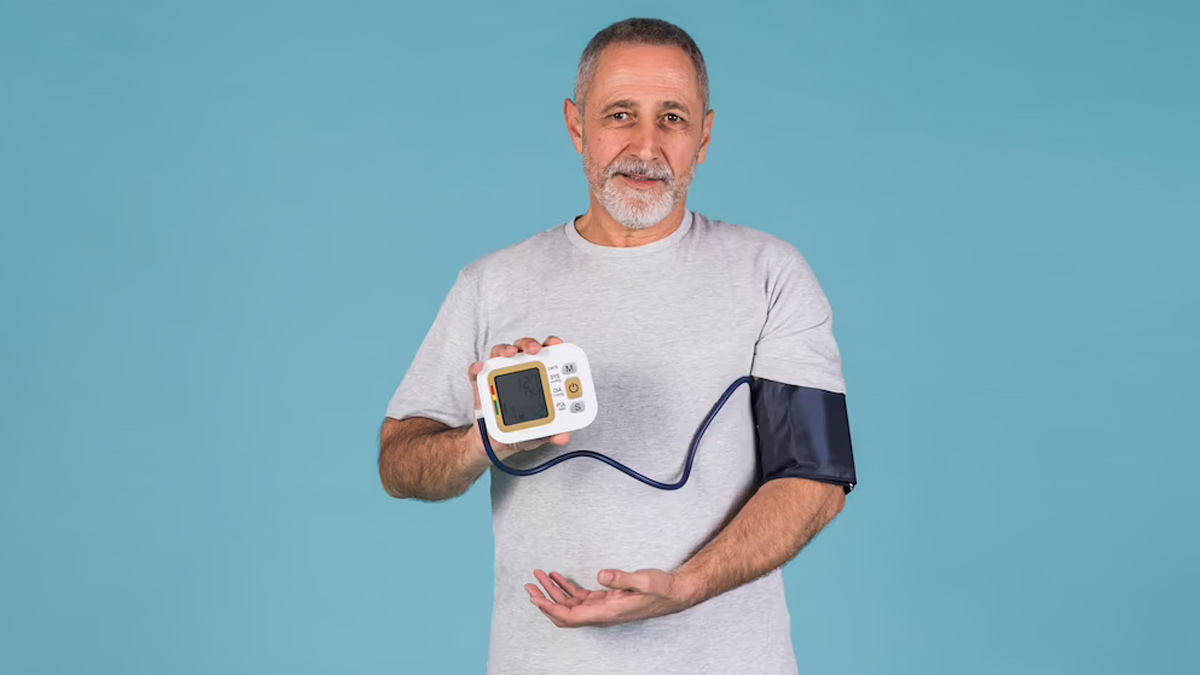
In the hustle and bustle of everyday life, we often pay little attention to the subtle whispers of our body. Amidst the chaotic rhythm of our existence, it's easy to overlook the signs that something might be amiss within us.
Table of Content:-
One such silent messenger is low blood pressure, a condition that often goes unnoticed until it manifests in more significant health concerns.
By recognising these early signs, we can take proactive steps to maintain our well-being and prevent potential complications.
Lightheadedness and Dizziness
Have you ever had a brief feeling of dizziness after rising up too quickly? If such episodes occur frequently, they may indicate low blood pressure. As per American Heart Association, reduced blood supply to the brain might cause you to feel dizzy, lightheaded, or even faint. Pay attention to these minor signs and visit your doctor for additional evaluation.
Fatigue and Weakness
Even after a good night's sleep, do you feel lethargic and sluggish? Low blood pressure could be the culprit. When your blood pressure falls, your organs and muscles receive fewer oxygen and nutrients, which causes exhaustion and weakness.
Persistent sensations of exhaustion should be addressed as a possible indicator of low blood pressure rather than disregarded as simple tiredness.

Blurred Vision
If you notice a sudden or intermittent blurring of your vision, it's time to take notice. Low blood pressure can affect the blood vessels in your eyes, causing temporary visual disturbances. These changes may range from blurred vision to seeing dark spots or even temporary loss of sight. Ignoring such signs can compromise your ocular health, so seek medical attention promptly.
Also read: High Blood Pressure: 6 Things That Can Immediately Affect Your Blood Pressure Levels
Rapid Heartbeat
According to Dr. K Seshi Kiran, Consultant Physician, Yashoda Hospitals Hyderabad, rapid heartbeat is one of the symptoms of low blood pressure.
While it may seem contradictory, low blood pressure can trigger a rapid or irregular heartbeat. Your heart tries to compensate for the decreased blood volume by pumping faster, attempting to maintain adequate circulation throughout your body. If you notice an abnormal heart rhythm, palpitations, or a pounding sensation in your chest, it could be a red flag indicating low blood pressure.

Cold and Clammy Skin
Pay attention to the state of your skin. If it feels unusually cold and clammy, it could be indicative of low blood pressure. Reduced blood flow to your skin can hinder proper temperature regulation, leading to chilly and moist skin. Don't disregard this warning sign, as it could signify an underlying cardiovascular issue requiring medical attention.
Fainting or Near-Fainting Episodes
Unexplained episodes of fainting or near-fainting (known as syncope) should never be taken lightly. Low blood pressure can cause inadequate blood supply to the brain, resulting in a temporary loss of consciousness. If you experience such alarming episodes, consult a healthcare professional promptly to identify the root cause and appropriate management strategies.
Also read: Effect Of High Blood Pressure On Brain And Kidneys
Difficulty Concentrating and Brain Fog
Struggling to concentrate or experiencing mental fog? Low blood pressure can impair blood flow to your brain, hindering cognitive function. This can lead to difficulties in focusing, memory lapses, and a general sense of mental fuzziness. Recognizing these signs can help you seek appropriate treatment and regain mental clarity.
Conclusion
By attuning ourselves to the whispers of our body, we can detect the warning signs of low blood pressure before they escalate into more significant health concerns. Lightheadedness, fatigue, blurred vision, rapid heartbeat, cold skin, fainting episodes, and difficulty concentrating all serve as red flags that should not be ignored.
Also watch this video
How we keep this article up to date:
We work with experts and keep a close eye on the latest in health and wellness. Whenever there is a new research or helpful information, we update our articles with accurate and useful advice.
Current Version
